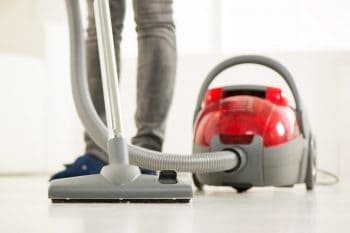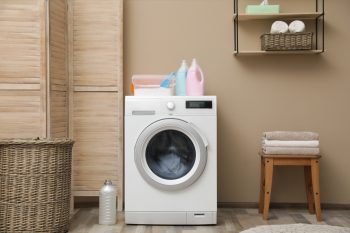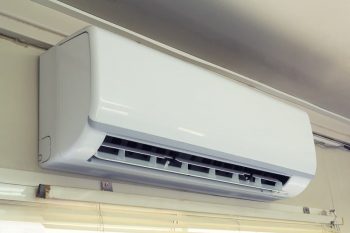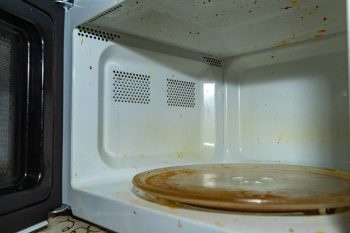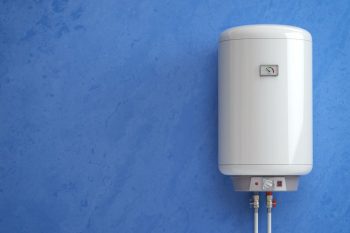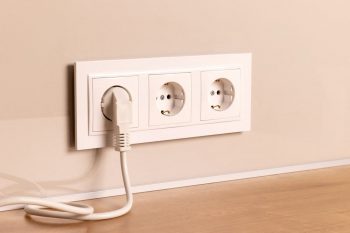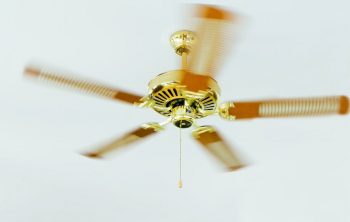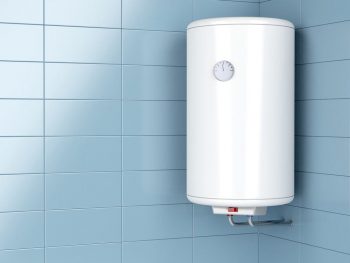
Washing machines, in general, are not silent appliances. During operations, these machines can generate quite a bit of noise due to the tub’s movement.
But despite the normal sounds a washer might make, certain noises should warrant an inspection.
In this guide, we’re looking specifically into GE washers. What would cause a GE washer to start making odd noises? Find out here.
- It is normal for a GE washer to produce sounds while it washes your laundry.
- Certain sounds might point to potential problems, especially if they’re loud and persistent.
- Loud banging, metal clanging, and persistent, loud humming are some abnormal sounds you might hear.
- For minor issues like balancing, you can perform a quick fix to reduce the noise and prevent damage.
- For more serious issues concerning repairs, always call a professional.
You can tell a lot about an appliance’s condition by listening to the sounds it makes. Like a car, a washer will make odd noises as its internal workings warn you of malfunction and the need for repairs. Tuning in to these sounds can help you stay on top of damages so you can act before they get worse.
What Are Normal GE Washer Noises?

Before we look into the sounds that indicate malfunction or damage, you must understand what GE washers naturally sound like.
- Humming – During the wash cycle, your GE washer will make intermittent humming noises as it turns the laundry load. You’ll hear the motor hum momentarily as the tub is turned to one side. The motor will then hum again to turn the tub the other way. This sound typically occurs during the wash cycle.
- Clicking and locking noises – Your washer will make clicking and locking noises depending on its design. Some washers with door lock mechanisms will lock the door to prevent accidents during operation. Others will make a locking noise as they release water from the tub as it drains.
- Pulsing – If you don’t manually indicate the water level for the cycle, your GE washer will automatically weigh the load to determine how much water it needs. As it weighs the laundry, it repeatedly turns the tub clockwise and counterclockwise to measure the load. This creates a pulsing sound at the beginning of the cycle.
- Beeping – GE washers are designed to beep at certain times to let you know something’s wrong. Beeping can occur when the door is left open, the water pressure is too low, or something is stuck in the appliance causing a jam. To help make it easier for owners to identify the cause of the sound, beeping noises will often come hand in hand with an error code on display.
GE Washer Sounds and What They Mean
1. Loud Banging Noises
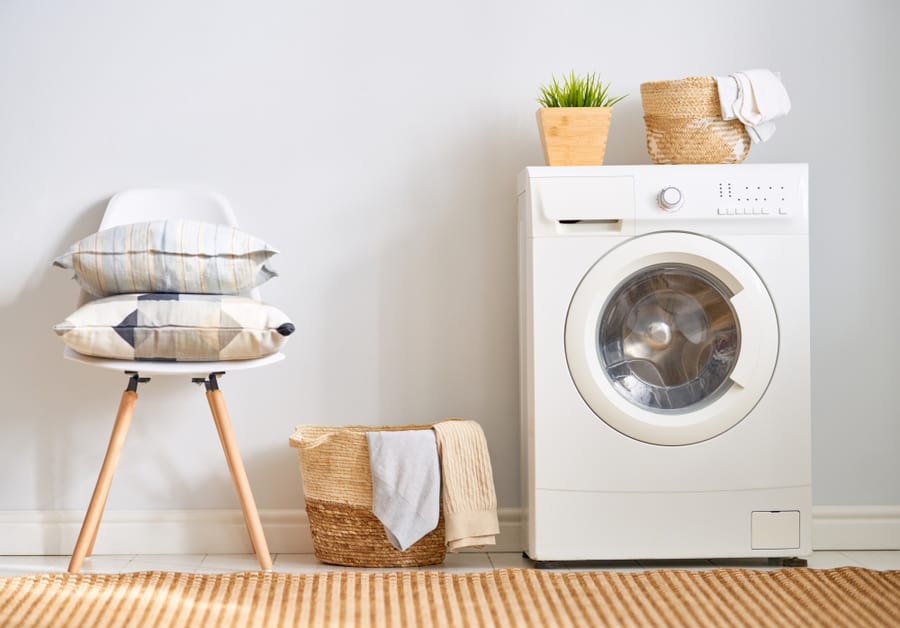
As your washer slows down, you might hear these loud banging noises. It will often sound like the tub hitting against the unit’s housing, and that’s often exactly what it is.
There are several reasons why this might happen, including the following:
- Shipping rods – Manufacturers install shipping rods to prevent excessive tub movement while the unit is in transit from the store to your home. When the unit was installed, they could restrict tub movement and cause loud banging noises if left behind.
- Suspension rods – Four suspension rods support the weight of your washer’s tub. These rods dampen movement, so your tub doesn’t bog into the housing. Of course, when the rods are broken, the tub’s movement becomes more erratic, causing exactly what the rods attempt to prevent.
- Improper leveling – Manufacturers require that you place your washing machine on a level surface. This helps guarantee that the tub isn’t improperly affected by gravity. If a part of the washer is higher up off the ground than the others, the tub tends to lean into the housing on the other side.
- Unbalanced load – When there’s more laundry piled up on one side of the tub, it will inevitably cause the tub to lead towards that side. As it spins, it makes contact with the housing. Most washers will stop the cycle and refill with water to balance the load.
2. Metallic Clanging
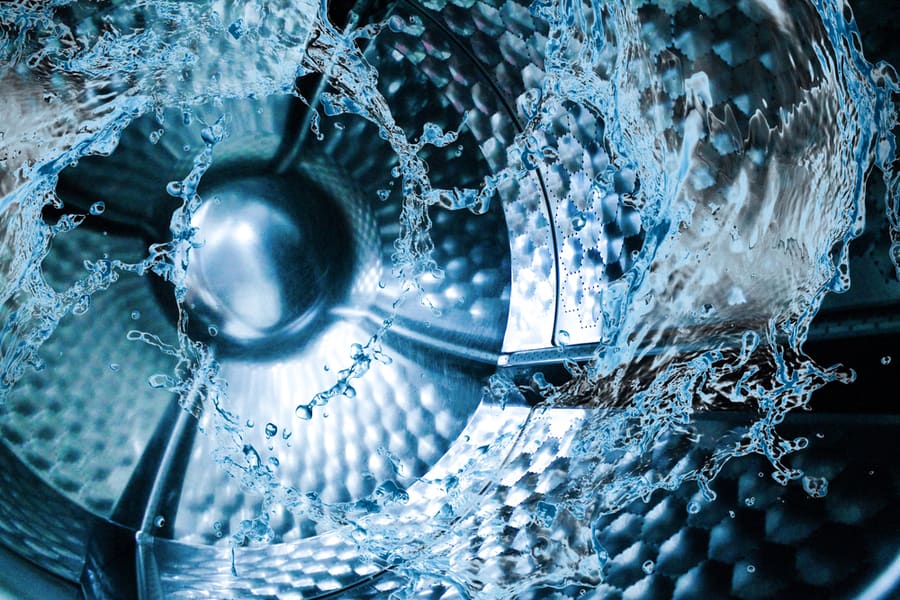
As your washer spins, you might hear a loose metal part hitting another piece of metal. The obvious conclusion is that a piece of the interior is broken off, rattling inside the tub as the washer begins operations.
A more specific reason for a metallic clanging noise would be a broken or loose tub bearing. These ring-shaped parts support the tub as it spins, giving it something to rotate on to keep it centered.
The sound of a rattling metallic noise characterizes broken or loose bearings.
3. Persistent Humming

The humming noise you hear when you start a wash cycle is the sound of the motor.
This component is responsible for turning and spinning the tub. It’s normal for you to hear rhythmic, low humming while the washer works.
But a persistent, loud humming that doesn’t stop or quiet down even when the washer is running slow might point to problems with the motor.
When the motor starts to fail, it must work harder to achieve the same amount of work. So it roars to life more loudly and persistently.
If left unchecked, a failing motor could lead to the total breakdown of your trusty washer.
Trying a DIY repair on a damaged GE washer can be tempting, especially with many online tutorials. But before you try your hand at a do-it-yourself fix, consider your washer’s warranty.
Any unauthorized repairs could void your coverage and cause further damage to your unit. For serious repairs and damages, always call a professional.
Takeaway
Indeed, GE washing machines aren’t quiet, but not every sound it makes will be normal. If you hear any abnormal sounds coming from your GE washer, inspect it properly.
Has it been serviced at the first signs of damage to keep it in proper working condition?
Frequently Asked Questions
How Often Should You Have a Washer Serviced?
Washing machines are some of the most overworked appliances in any household. Therefore, experts recommend having your washer serviced at least once a month.
This prevents most problems associated with wear and tear and water damage.
How Do I Quiet Down a Noisy Washing Machine?
If your washing machine is noisy without apparent damage or malfunction, then you might want to consider these tips to dampen its sound:
- Use vibration-absorbing pads underneath each foot.
- Make sure your washer is on a level surface.
- Try to wash smaller loads per cycle.
- For clothes with hardware (like metal buttons, hoops, etc.), turn them inside out to prevent them from rattling during a cycle.


